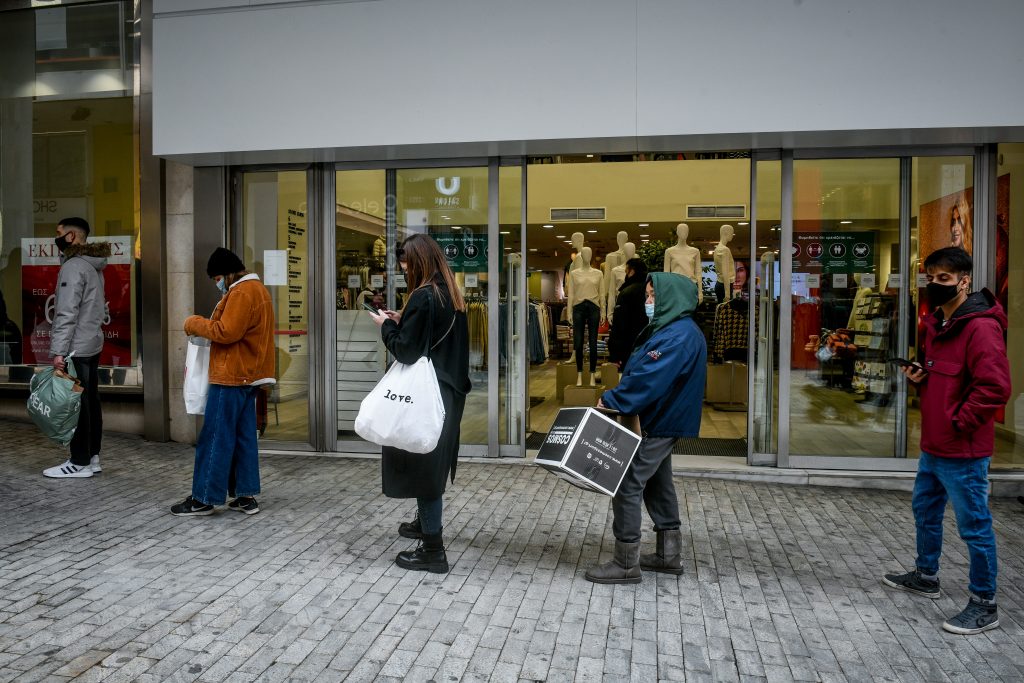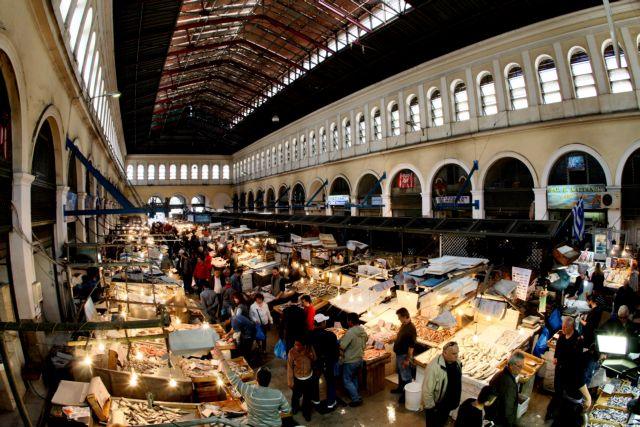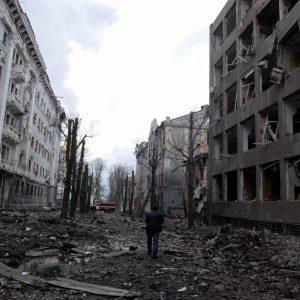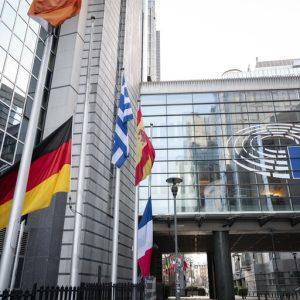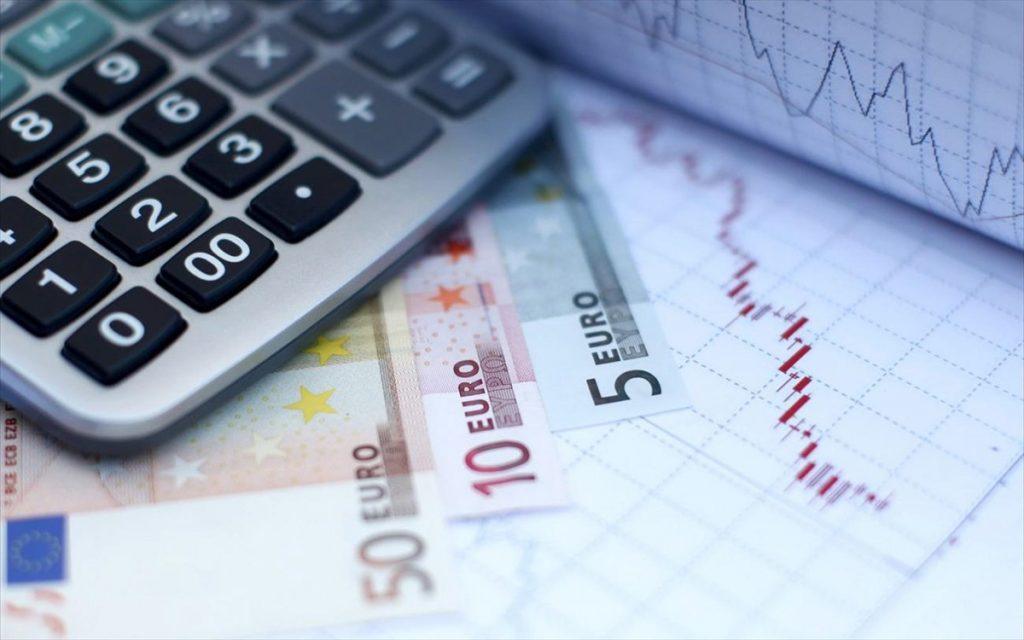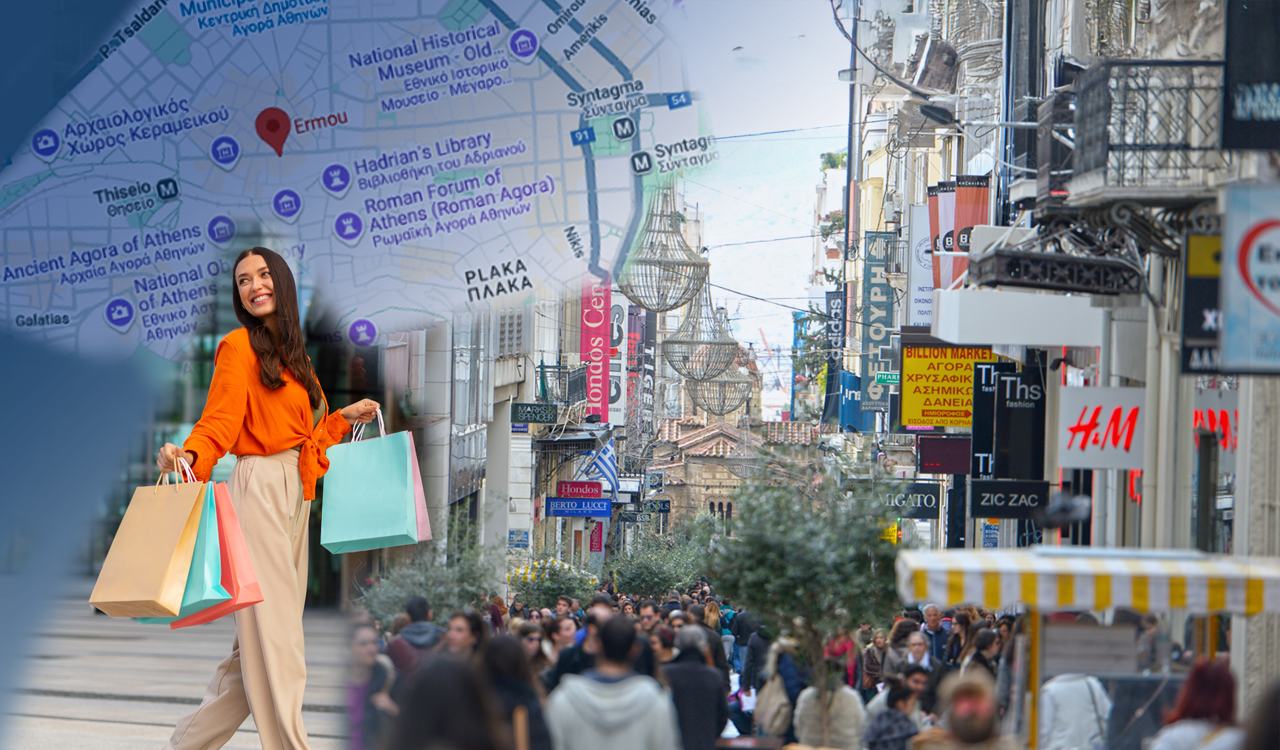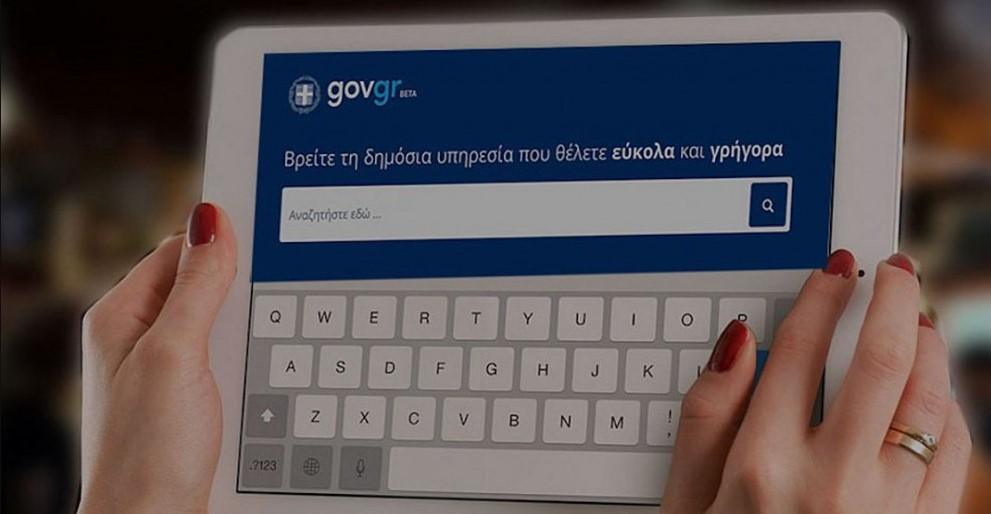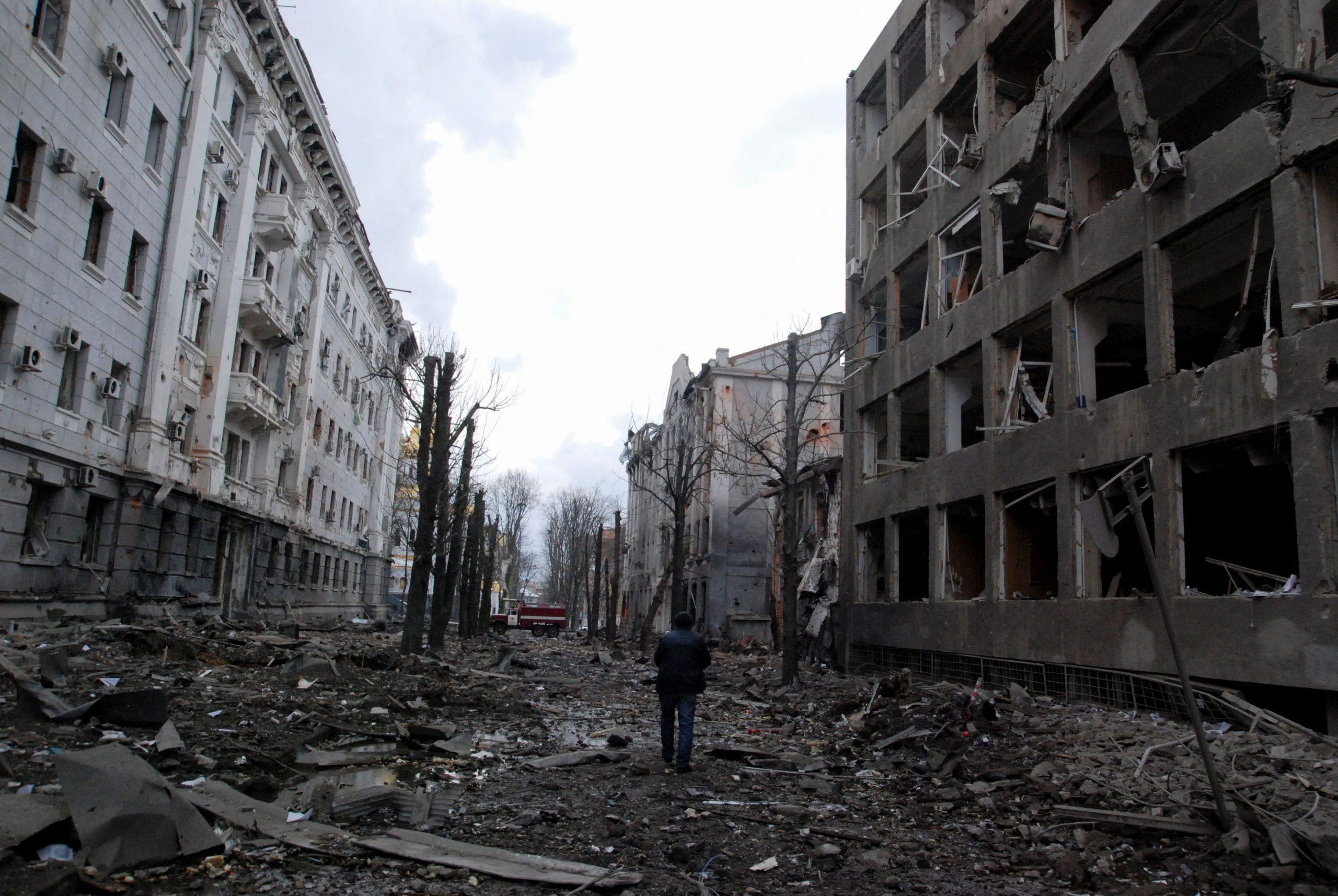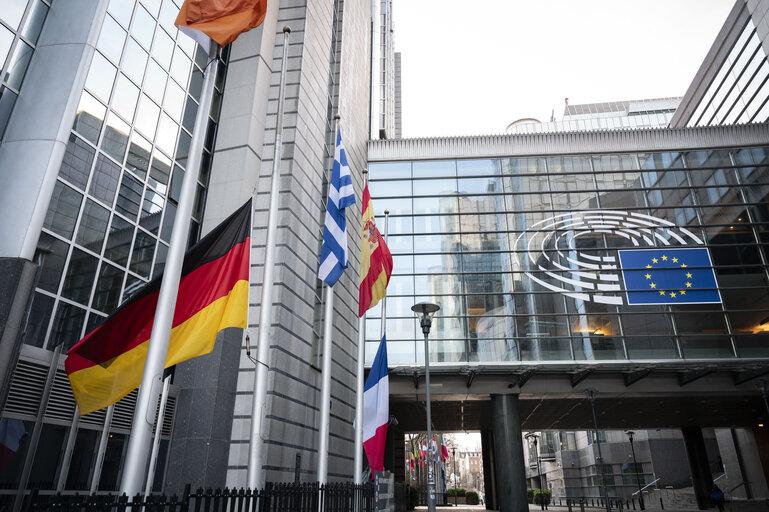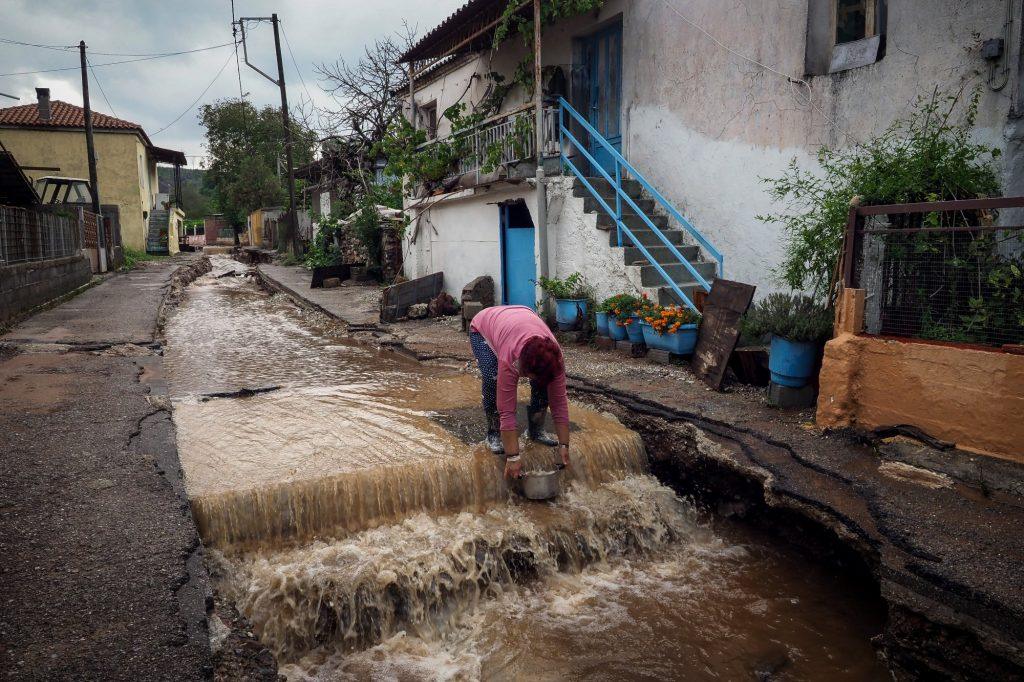Anger has begun to take the place of the frustration felt by traders and food service entrepreneurs after hearing yesterday afternoon the sudden decision of the government that non-vaccinated citizens should show a negative PCR or rapid test in order to enter shops, restaurants, cafes, places entertainment, hairdressers, barbershops, banks, public services, etc.
Waiting for the official decision that will describe in detail the new measures, which will take effect next Saturday, the representatives of retail and food service talk about unfair competition, informal lockdown without support measures and upcoming bankruptcies.
The biggest fear, however, is the possibility of announcing even stricter measures in the coming “golden” weeks for retail, since one can predict that the current “safety net of increased controls” will be able to stem the new wave of coronavirus.
And even at the time when the Minister of Development and Investment, Adonis Georgiadis clarified that the shopkeepers will not receive new allowances as there is no case for the EU to give money again given that the vaccine is available.
Queues with empty registers
In the midst of discounts and a few weeks before Black Friday and the beginning of the festive season of Christmas and New Year, the hope of a “normality” is fading, say traders.
“When at the ages 18-24, 4 out of 10 are unvaccinated and at the ages 25-49 the corresponding percentage is 3 in 10, a large critical mass of our clientele is lost,” they say.
Another issue that arises is the increase in waiting time for someone to enter the stores, especially in large chains, resulting in queues and frustration even for vaccinated customers.
2,000 bankruptcies
“Let’s go to a big disaster, in fact the restaurant is back in a multi-month informal lockdown” is reported by the Panhellenic Federation of Restaurants and Related Professions (POESE), with President George Kavvathas estimating that the bankruptcies are estimated at over 2,000 for this year.
This number will increase in the next period due to the accumulated losses from the prolonged lockdown, increasing unemployment. Note that three out of ten restaurants are in the “red”, unable to withstand new pressures.
In fact, POESE asks the government to support businesses with additional compensatory measures such as new non-refundable advance programs, postponement of payments of previous repayable advances after January 1, 2023, legislative intervention on the issue of rents and the possibility of suspension of employment contracts.
Coffee and food are “medicine”
In order for an unvaccinated person to drink a coffee in a cafe from 4-5 euros that he pays today, as of Saturday, he should estimate that he will spend at least 15 euros, as the rapid test costs around 10 euros and from 20 to 60 euros for the PCR.
The extra cost makes it prohibitive to go out even for a coffee or a cheap meal for a large portion of unvaccinated citizens, shopkeepers say.
Rush to barbershops and beauty parlors
At the same time, in order not to suffer the cost of the rapid test from Saturday, in search of hasty appointments in hairdressers and barbershops, several citizens have indulged. Already, the phones are on fire and everyone is trying to secure even a last minute appointment.
Barrage of complaints over checks by merchants
At the same time, the representatives of the commercial world took shots en masse against controls. “The requirement for consumers to be controlled by store employees is impossible and unfortunately this measure will worsen the economic environment, at a time when market optimism is gradually returning,” said Stavros Kafounis, president of the Athens Chamber of Commerce, noting that the burden is falling on the backs of retailers asymmetrically.
Unfair competition
The controls are practically not only unenforceable but also odd, says the Piraeus Chamber of Commerce in an announcement, emphasizing that in many other cases, with a much larger congestion, this condition is not required, such as in supermarkets, public markets and public transport.
In the same vein, Mr. George Karanikas, President of the Hellenic Confederation of Trade and Entrepreneurship (ESEE) states: “Of course, the protection of human life and consumer safety remains today the first priority of small and medium-sized commercial enterprises. But it is obvious that the new restrictive measures in the attendance of the buying public will cause new losses in the revenues for all, without exception, commercial SMEs. The obligation to show a rapid test to enter the store is a deterrent that will definitely reduce buying traffic, especially at a time when inflationary pressures and energy costs are already affecting all households and businesses without exception.
The monthly cost for the unvaccinated
So the monthly cost of the unvaccinated from Saturday will start at 80 euros, which will essentially cover the activities of four days.
But if you want to sit in a store or go shopping the other three days of the week, then you will have to repeat the check.
